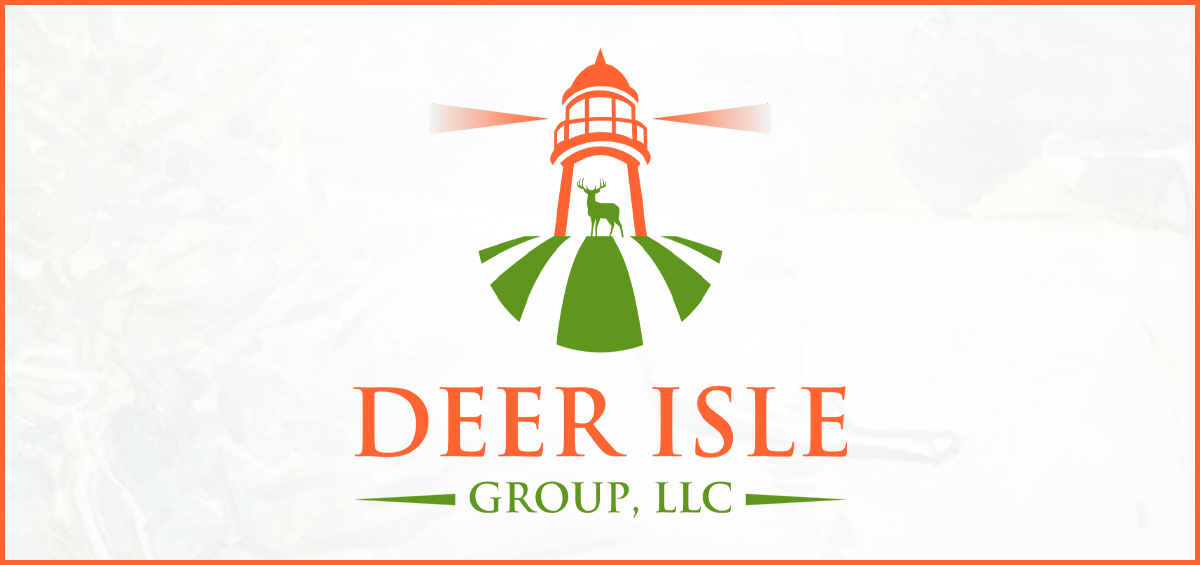DEER ISLE: Insights, Flows & Investment Trends

Charitable Organizations Raising Return Seeking Funds!?
As impact investing gains wider acceptance and standardized methods for measuring impact become more prevalent, traditional charitable organizations are exploring the possibility of raising return-seeking (double or triple bottom line) funds to further their missions. These funds can help expand capital access and support a new group of recipients—specifically companies that face challenges in securing funding but are pursuing important missions.
For example, consider a company developing a cancer treatment that, due to its non-profit status (i.e., it is currently losing money), struggles to attract traditional capital because it is seen as too risky. Raising return-seeking capital would enable charitable organizations to support such companies, aligning their financial goals with their mission-driven impact.
We are highly interested in this area and welcome conversations with both charitable organizations considering this strategy and capital providers who may be interested in supporting these types of funds.
—————————-
Additionally, The Deer Isle Group has expanded its Beacon FINTECH solution to include over 17,000 U.S. institutional capital-providing organizations (approximately 50,000 contacts), with a deliverability rate of around 99%. Beacon enables capital market participants—both capital seekers and capital providers—to engage with their relevant counterparties on a white-label, turnkey basis while also gaining access to valuable data analytics.
—————————-
Capital Provider Interest: There is growing demand for Carve-outs. In this case – Regulated industries such as Aerospace, Environmental and Healthcare as well as Industrials and Specialized B2B with $10 to 75 million in Revenue and $2 to 7 million in EBITDA.
Real Estate: There is much talk about the bottom of the Real Estate cycle. We are seeing multiple real estate syndicates that were put together during high liquidity times badly faltering. The question is – who has the management or financial capability to work them out since the sponsor was never organized to do this work. Currently no one knows the answer. Interestingly in some cases – we are hearing that tenants, given the precarious state of landlords, are asking their landlords for credit information!
Venture Capital: Series B is the toughest point of the capital cycle, in today’s environment, to obtain capital. The transition from concept to business is tough on management teams who have not had to have strong business plans to get Series A done. In order to get a Series B raise completed it is necessary to demonstrate revenue momentum supported by robust pipeline or agreements; otherwise, capital providers are very skeptical of ability to scale.
Private Equity: Starting to see exit activity in more than just the “best companies”. Likely sign that the exit logjam is starting to break.


